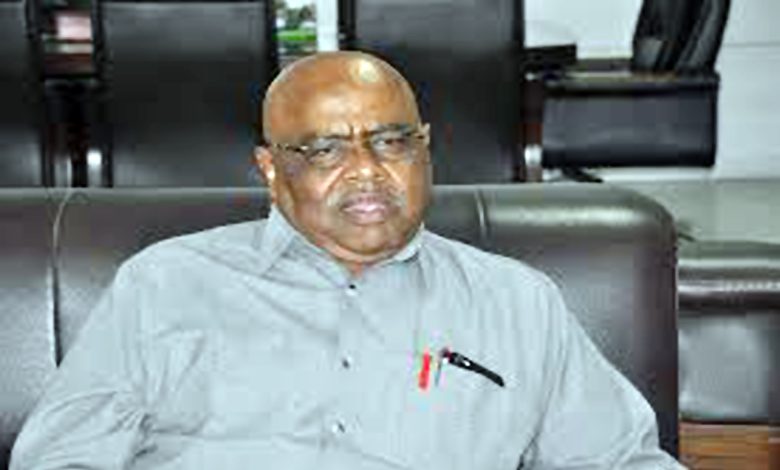U.S. Aid Between the Streets and “Taqaddum”

By Dr. Abdelazim Awad
I do not know the current state of what is known as the Coordination of Democratic Forces, abbreviated as “Taqaddum,” at a time when it is being hit from all directions.
It is certain that the successive defeats suffered by its military backer, the Dagalo militia, under the heavy blows of our valiant army, the brave joint forces, and the mobilized fighters, have left them in disarray. These crushing losses have plunged them into confusion, recently reflected in reports of internal splits and conflicts within their already fragile structure.
Most recently, they have suffered a critical blow to their financial backbone, particularly from organizations such as the U.S. Agency for International Development (USAID), which former President Trump abruptly decided to suspend the day before yesterday, pending a review of its status and future.
USAID, known by its widely recognized acronym, is an agency of the U.S. federal government responsible for managing foreign aid. It was established in 1961 under President John F. Kennedy.
Although technically independent, USAID operates under the directives of U.S. foreign policy, overseen by the President, the Secretary of State, and the National Security Council. In his characteristic blunt or reckless style, Trump told reporters—according to CNN—when asked about the agency’s future: “It has been run by a bunch of radical lunatics, and we will remove them before making a decision.”
Thus, USAID, which was founded partly to promote democracy by supporting NGOs and independent media, now finds itself in the grip of Trump, who has dismissed two of its top officials and placed dozens of employees on mandatory leave.
However, there is a hidden side to the agency that Trump is surely aware of—its role in infiltrating the governments of poor nations in coordination with U.S. intelligence, aligning with American interests in the region. That is why observers were stunned by Trump’s decision to place two senior security officials at USAID on administrative leave, finding it difficult to reconcile with his “America First” slogan.
For us in Sudan, our first encounter with U.S. aid—often referred to affectionately as “Al-Maouna”—dates back to the era of General Abboud, when USAID funded the construction of a road known as Shari’ Al-Dawa’hi, later renamed Martyr Pilot Abdelqader Al-Kadro Street. However, as is typical of Sudanese people, they preferred their own naming convention and called it “Shari’ Al-Maouna” (Aid Street) after the agency that built it. This reflects a deeply ingrained Sudanese trait—resistance to anything government-related. Back then, leftist forces, which were highly influential in the 1960s, opposed American involvement in the road’s construction and launched fierce campaigns against Abboud’s regime. They even spread rumors that the road was not built for free but in exchange for the U.S. (the imperialists) burying chemical waste in Sudanese lands.
Now, we find ourselves in an era where the descendants of those same leftist forces—now draped in the cloak of “Taqaddum”—are greedily consuming U.S. aid, but this time in cash, directly and without the pretense of building roads. However, the shrewd Trump seems to have caught on to these tactics and decided to dismantle USAID, perhaps sensing that it was merely a cash cow for the unemployed in Sudan and other oppressed nations.
In conclusion, the “Qahtists” or Taqaddum group now find themselves in an unenviable position—Al-Burhan behind them, and Trump ahead of them. And may God spare us the schadenfreude!
Source: “Asda’ Sudanese”



